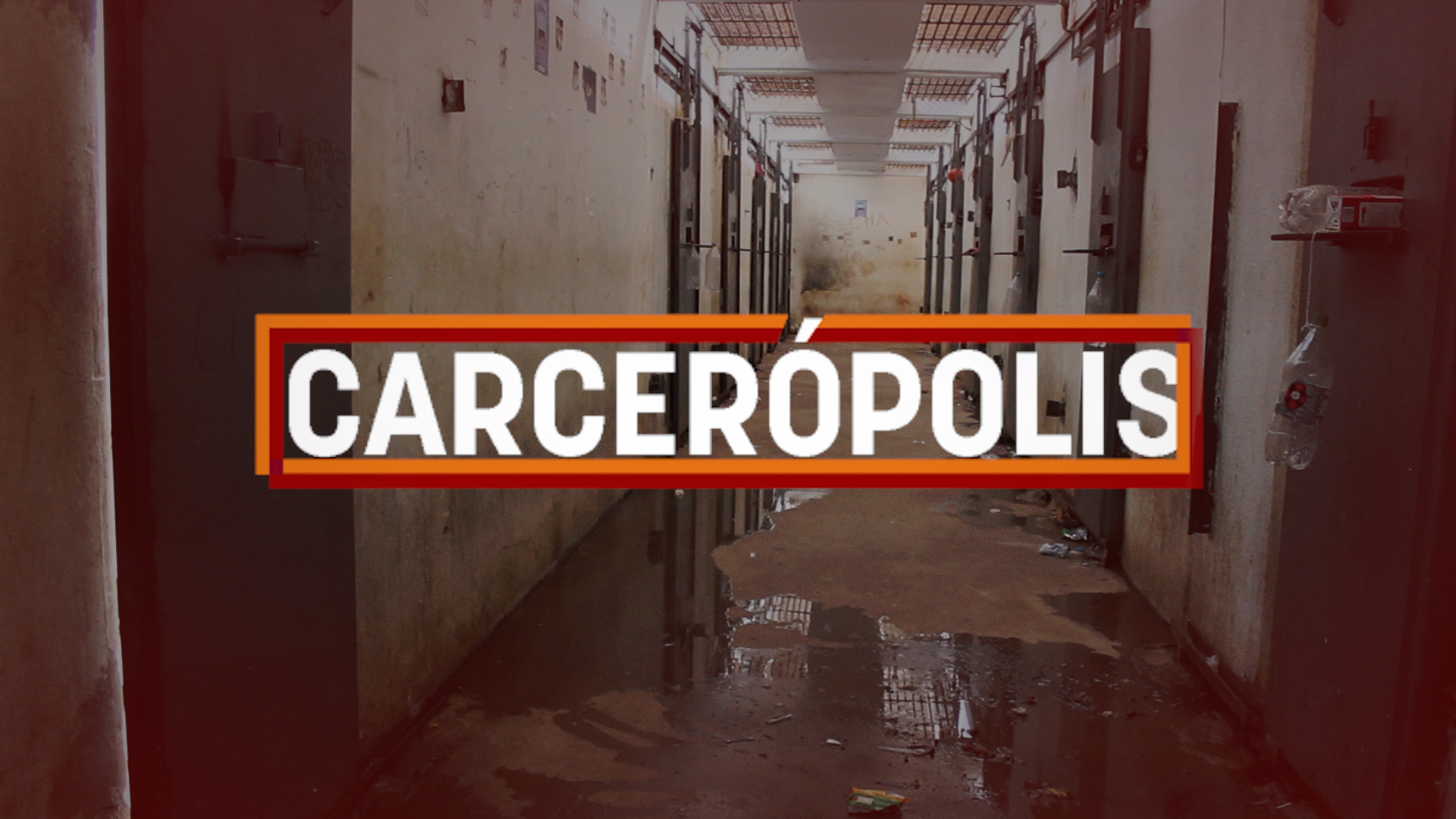Carcerópolis: In depth analysis of the brazilian prison system
A platform developed by Conectas cross references open data from Infopen and provides a map of prisons across the whole country.
 A platform developed by Conectas, cross references open data from Infopen and provides a map of prisons across the whole country
A platform developed by Conectas, cross references open data from Infopen and provides a map of prisons across the whole country
With almost 730 thousand people behind bars, according to official data from June 2016, Brazil currently has the third highest prison population in the world. Despite the enormous number of people under state custody, data regarding the demographic profile of this population and the conditions under which they are serving sentence are scarce, fragmented and difficult to check, which hampers the formulation of public policies and the identification of more serious violations.
Conectas developed Carcerópolis with a view to improving the availability of official data and bringing together research and specialists on the prison system. It is a free online platform that cross-references open data from Infopen (National Survey of Penitentiary Information) to provide a more precise picture of the challenges faced within this system.
- To access Carcerópolis see: carceropolis.org.br
Based on cross-referencing of Infopen historical data, Carcerópolis provides analyses of the growth of the system, the profile of the prison population, infrastructure, the legal situation of prisoners, among others, giving the user free access to the micro-data behind these analyses.
The site also provides a map with all the prisons in the country and the option to access some of the information available about each of them, for example, occupation rates and services provided.
“Historically in Brazil, the production of official data has always been rudimentary, which has hampered accurate analysis of problems for the formulation of more precise public policies and civil society control. In the case of the prison system, there is a clear political choice to ignore the issue, even though this is one of the main sources of human rights violations in the country.” Says Rafael Custódio, Coordinator of the Conectas Programme for Combatting Institutional Violence.
According to Custódio, instead of substituting the state in the production and improvement of data, Carcerópolis aims to reveal the precarity of the creation of information and to demand urgent measures in this sense.
“Despite its flaws, Infopen is one of the few surveys that we have regarding the prison system. Our role is to demand constant improvements in the collection, systematisation and production of information, as well as periodically publishing this information for civil society.” He added.
Infopen has been available since 2004 and is a survey carried out by the Ministry of Justice, based on data provided by state governments, who are responsible for the majority of the Brazilian prison complexes. The initial intention was to publish it every six months, but the publication of data is often late. The last survey was published in November 2017, with data relating to between December 2015 and June 2016.
Up until 2013, data collection was carried out by a private company and raw data was not publicly available. Since 2014, the survey has been carried out in conjunction with the Brazilian Forum for Public Security, even so the Ministry of Justice does not have a standard procedure for providing micro-data for all the surveys, publishing a single consolidated report.
Quality Indexes
While developing Carcerópolis, the team responsible for open data analysis had to deal with a number of challenges in cross-referencing and producing information. As each of the managers of the 1,454 prisons in the country is responsible for answering the Infopen questionnaire, at the request of the state governments, raw data contains inconsistencies, ranging from non-standardised responses to a total absence of answers.
“Analysis of all the responses reveals obvious errors, some can be corrected, others require deeper checking.” Said Custódio. “We decided that it was necessary to keep the information in tact, as it is provided by the authorities, while still showing the errors.”
According to Custódio, with this in mind, an index was created to evaluate the quality and reliability of the data presented by each prison manager. This index takes into account whether information is available, i.e., whether the manager completed the questionnaire with the information requested and whether information is coherent and consistent in the Infopen historical data i.e., whether fixed data is the same in the different surveys.
Another index was drawn up regarding prison infrastructure. This index ascertains whether the following guidelines are being fulfilled in order to guarantee prisoners’ rights: Resolution 09/2011 guidelines by the National Council for Criminal and Penitentiary Policy and the Law for Penal Execution, that set out minimum conditions in terms of prison infrastructure, such as classrooms, health centres and legal work and assistance.
The methodology used to create the indexes is available here.
Publications and database of specialists
Carcerópolis also provides publications and research regarding the prison system, from all over the country. These are divided into five main areas: functioning of the system, population profile, criminal policy, international systems and institutional violence. The platform also has a database of countrywide specialists.
If you are a scholar working on the prison system and wish to be part of Carcerópólis, by making your work research or contacts available, please send an email to: carceropolis@conectas.org.


